Requirement: Run tasks in parallel dynamically based on the number of offset values which is basically dates
As below it starts from the current date 0 to 4 days back(end_offset_days), so that each task can run in parallel with each date in parallel
start_offset_dayts/ end_offset_days can be dynamic, tomorrow it can be changed to 6 to run past days
I tried as the below date_list gives me a list of dates to be run in parallel, How do I pass it to the next tasks for for looping
with DAG(
dag_id=dag_id,
default_args=default_args,
schedule_interval="0 * * * *",
catchup=False,
dagrun_timeout=timedelta(minutes=180),
max_active_runs=1,
params={},
) as dag:
@task(task_id='datelist')
def datelist(**kwargs):
ti = kwargs['ti']
import datetime
date_list = [(datetime.date.today() - datetime.timedelta(days=x)).strftime('%Y-%m-%d') for x in range(0, 4)]
return date_list
for tss in date_list:
jb = PythonOperator(
task_id=jb,
provide_context=True,
python_callable=main_run,
op_kwargs={
"start_offset_days": 0,
"end_offset_days": 4
}
)
jb
return dag
